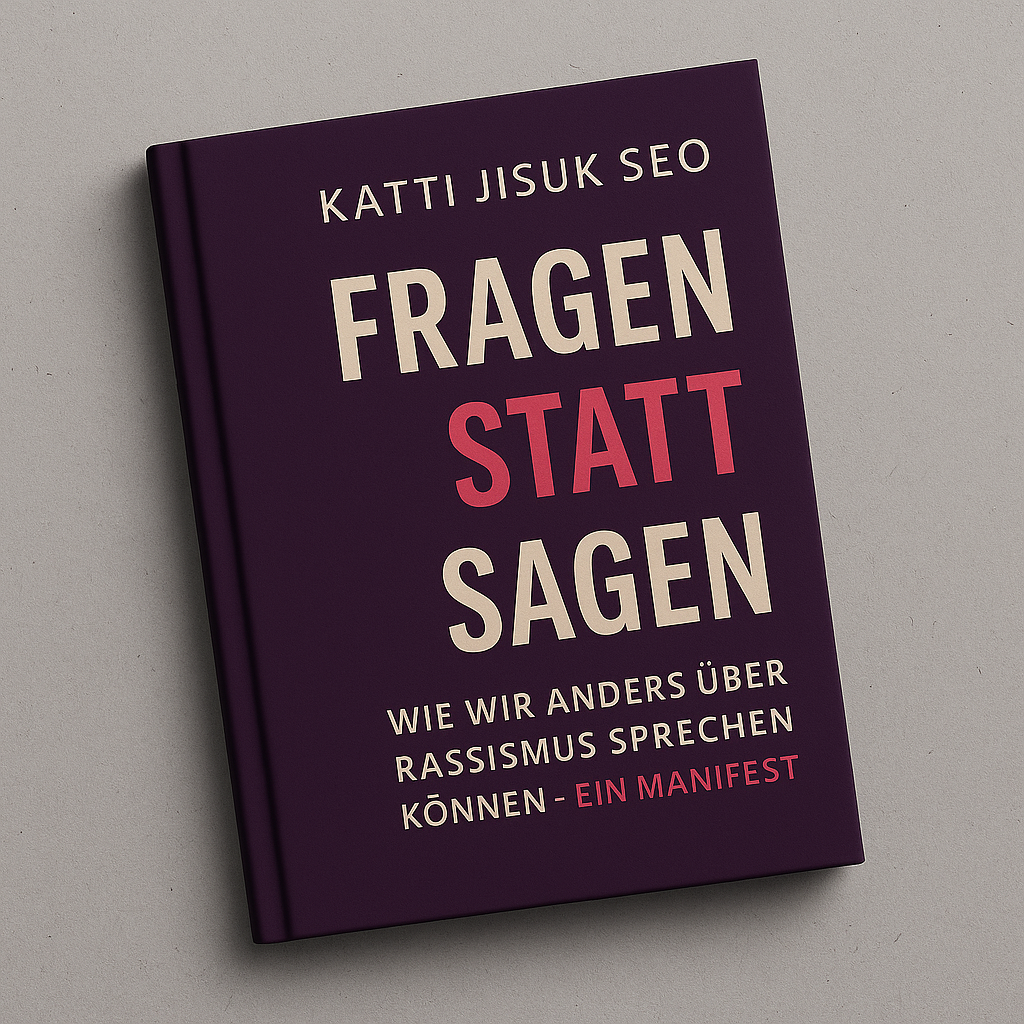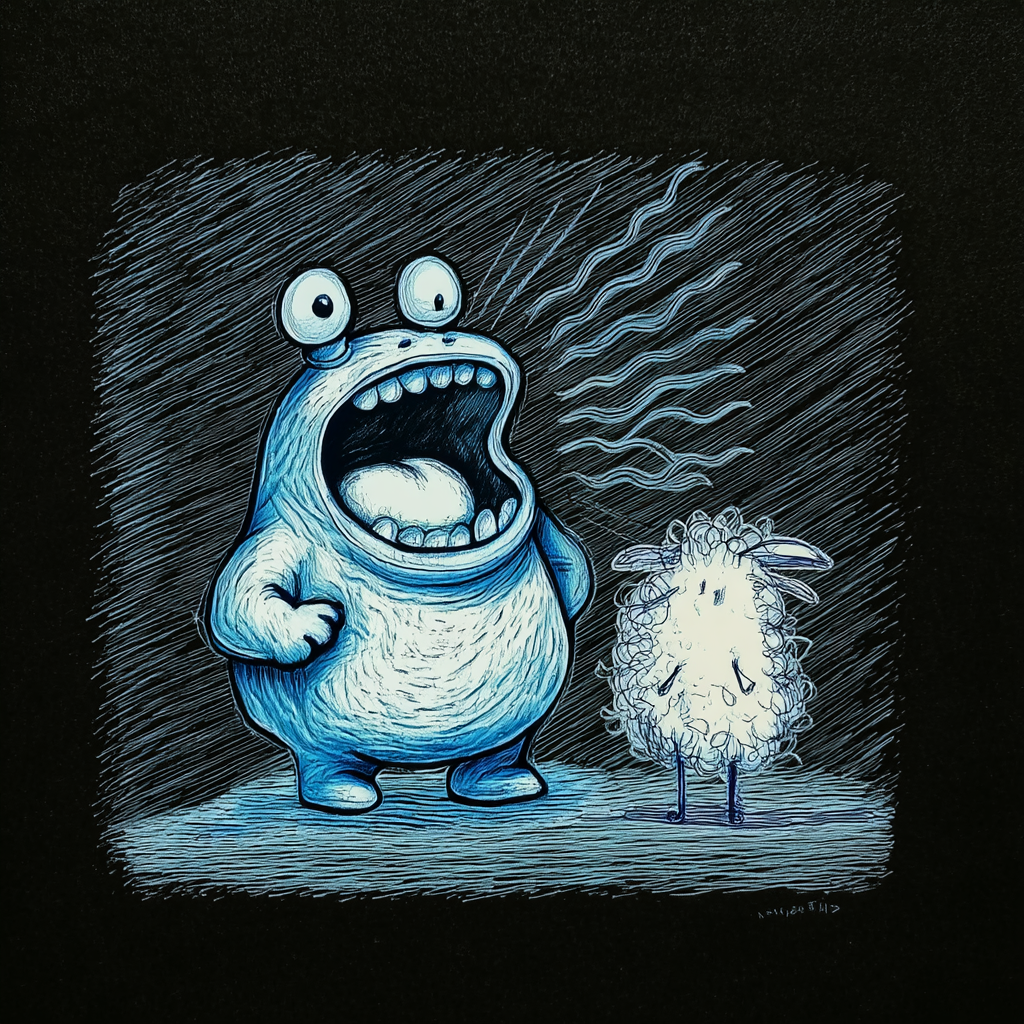2025, december 11
for our annual x-mas party for solo-freelancers, i made a set of year-in-review questions. we spent the whole evening picking questions and asking them around the table.
it was a ton of fun. people who had never met started sharing meaningful or wonderfully odd moments from their year. it sparked this quick sense of connection that felt alive in the room.
i’m sharing the questions here with you. you can use them at your x-mas gatherings or new year’s eve parties, or simply as a reflection game — in a group, in pairs, or on your own.
here’s how: download the questions below, cut them into small slips (one question per slip), drop them into a bowl, and let someone draw a question and pass it on. have fun with it!
and i’d love to hear how it landed for you — feel free to reach out and share.
which tiny moment this year was so subtle it almost slipped past you — and still somehow touched you?
which absurd little thing ended up carrying surprising meaning this year? (like a spoon, a door sound, a sentence out of nowhere.)
which curious, funny, or comforting habit quietly snuck into your life this year?
which embarrassing-sweet moment turned out to be a plot twist in your favor?
which sentence — spoken by you or to you — stuck in your mind this year like confetti in your hair?
which day from this year smells like happiness in your memory?
where in your daily life did something feel a little magical this year, even though nothing “special” was happening?
which decision looked tiny from the outside but felt like a tectonic shift inside?
which encounter this year felt like a brief cameo in the film of your life?
which bit of mess this year was basically a quiet piece of art?
which moment this year was so strange you’d love to frame it?
which sound calmed your inner world the most this year?
which spontaneous decision this year was a little cheekier than you usually are?
when were you delightfully unapologetic this year — in a way that still makes you proud?
which door did you open this year without even touching the handle?
your life as a film — which scene from this year had wildly saturated colours?
what did you learn this year that you genuinely couldn’t do before?
one happy moment from your year.
what did you declutter with pleasure this year?
what did you do this year for the very first time?
which plan did you joyfully abandon this year?
what became easier for you this year?
a moment from this year when you were pleasantly surprised.
which body posture did you especially enjoy this year?
which place did you discover or rediscover this year — even if it was just a corner?
which movement did your body love making this year?
which resistance did you overcome this year?
when did you have a beautifully lazy day or moment this year?
a small or big adventure you experienced this year?
one insight from this year you want to carry into the next.
one experience from this year you’d like to remember at the end of your life.
something from this year you’d love to experience again and again.
a moment when your energy level was high in the nicest way this year.
a place where you could recharge this year.
three things you did this year that you can feel truly good about.
a task or responsibility you happily said goodbye to this year.
a permission you gave yourself this year.
a tool that made your creating/working/doing easier this year.
an insight that made your life more vivid this year.
looking back at this year — how many phases do you see, and what titles would you give them?
a moment when your life turned upward this year.
an object you brought into your life this year that now feels indispensable.
what did you happily let become “less” this year?
a ritual or routine you especially enjoyed this year.
which film scene, lyric, or line from a book helped you this year?
how did you amaze yourself this year?
which small things made your life more beautiful this year?
what was more fun this year than it used to be?
a happy morning you had this year?
a lovely evening mood you experienced this year?
a moment of delicious, intense working energy this year?
three highlights from this year?
three small milestones from this year?
one ridiculous thing from this year that you’re grateful for in hindsight.
one development from this year you’re grateful for.
what did this year pave the way for?
a confrontation you’re proud of this year?
a conversation that changed your opinion this year.
an encounter that lifted your mood this year.
the best insult you received this year.
a thought that sweetened your days this year.
a moment when your mood flipped from awful to fantastic this year.
how did you manage to come out stronger from a difficult moment or theme this year?
what skill did you pick up this year that you didn’t quite have before?
looking back: what motto would you give your year?
which chapter titles would you give the seasons of your life this year?
a moment when you could truly relax this year?
what did you let go of this year?
what did you accept this year?
where did you become braver this year?
one small thing you did differently this year compared to the years before?
one spectacular moment from your life this year?
one moment of liberation from this year?
a wish that came true this year?
what’s a question you secretly hoped would be in this jar? answer that question.




